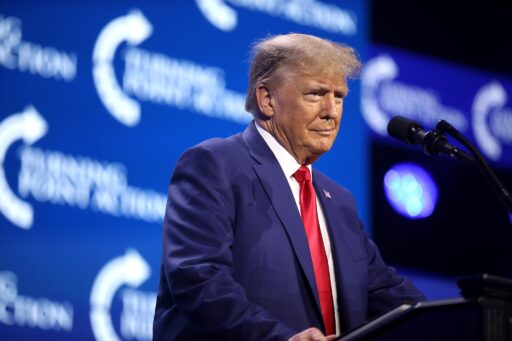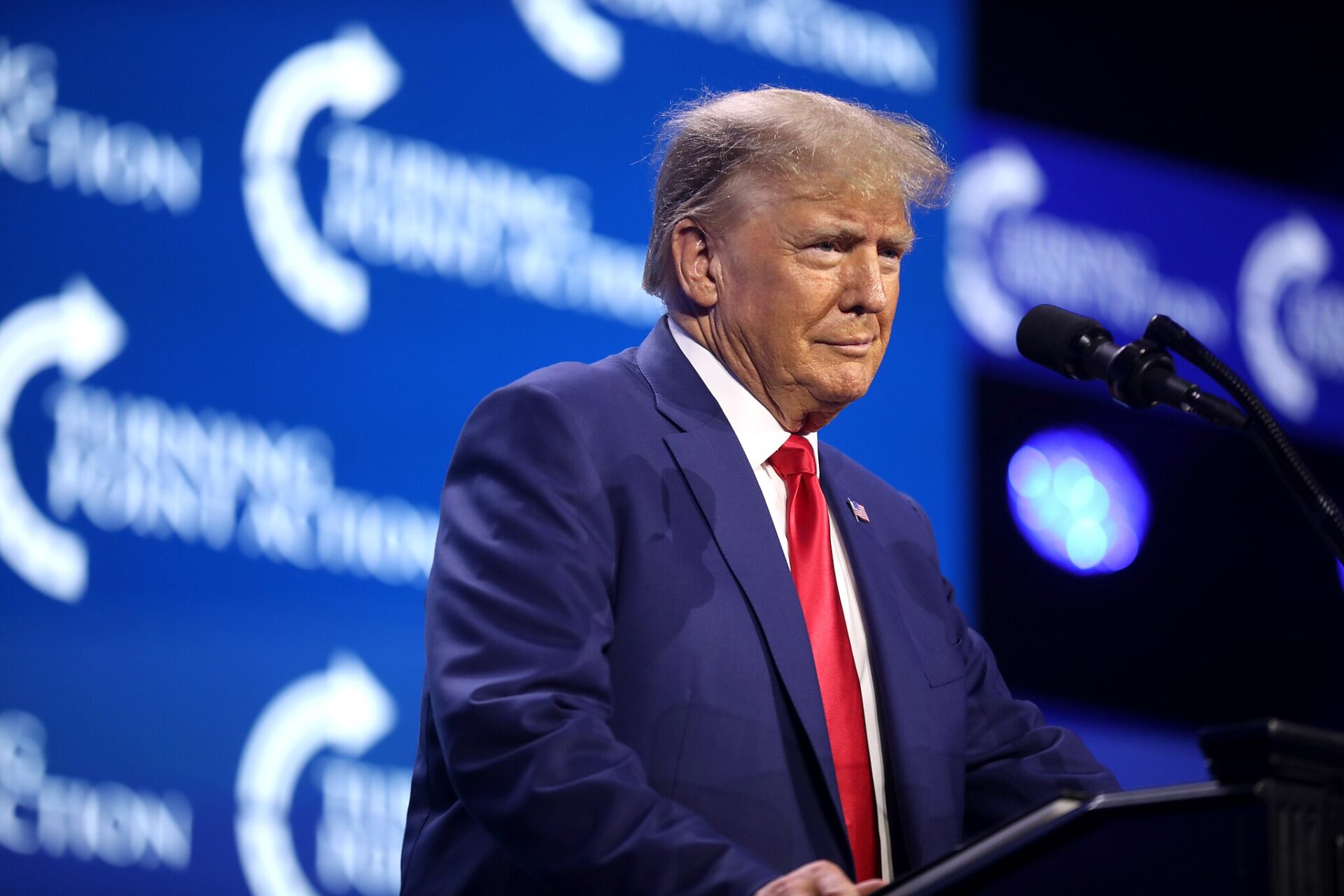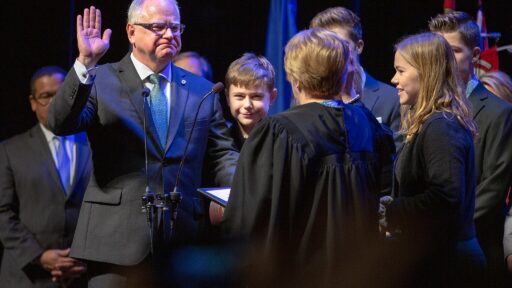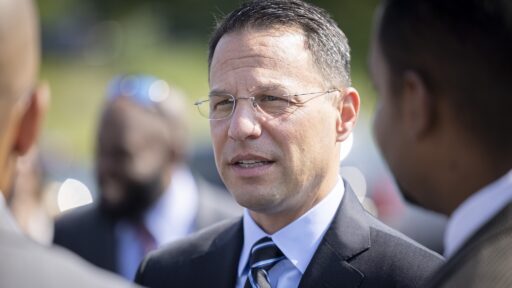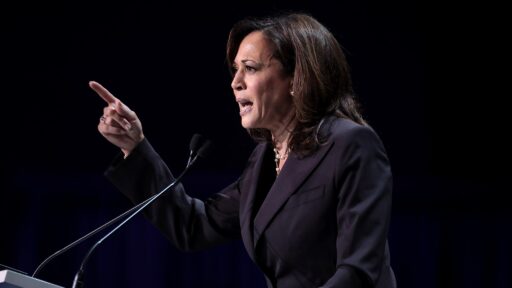These Democrats will turn over every rock on earth to find something they can pin on Trump.
During his presidency, former President Trump’s Washington, D.C. hotel reportedly generated around $300,000 from various sources, including substantial payments from the U.S. Secret Service. These figures have raised eyebrows among critics, suggesting potential violations of the Constitution’s Domestic Emoluments Clause, which prohibits presidents from accepting compensation outside of their official salary from federal or state sources.
The Secret Service, tasked with protecting Trump’s family, became a significant customer, spending over $70,000 to accommodate its agents at the hotel. While Trump’s sons, Donald Jr. and Eric, stayed for free, Ivanka Trump and her husband, Jared Kushner, who both served in the White House, incurred costs of approximately $6,000 for their stays. The ambiguity surrounding whether these expenses were personally paid or covered by the government adds another layer of scrutiny.
Critics argue that Trump’s business interests created conflicts, with some Democrats claiming the payments demonstrate a pattern of exploiting his presidency for personal gain. They cite the case of the Secret Service, which often paid rates significantly higher than standard government per diem costs. On several occasions, the agency was charged far above the typical rate while other guests, including foreign entities, paid less.
Despite these accusations, many Republicans view the investigation as a politically motivated attack rather than a legitimate inquiry into ethics. They argue that the reporting is part of a broader narrative aimed at undermining Trump and his supporters. A spokesperson for the Republican members of the Oversight Committee dismissed the findings as “recycled garbage,” accusing Democrats of hypocrisy.
The hotel became a focal point for GOP gatherings, with numerous officials and ambassadors choosing to stay there, raising questions about ethical practices and the implications of mixing public service with private profit. Critics contend that these actions not only risk undermining public trust but also represent a departure from the founding principles of our democracy.
As discussions continue about the need for stricter ethical guidelines and transparency, it’s essential to recognize the importance of maintaining a clear separation between public duties and private interests. The American people deserve leaders who prioritize integrity and accountability above personal profit. As we move forward, we must ensure that the mistakes of the past do not repeat themselves, protecting the sanctity of our institutions from potential conflicts of interest.


